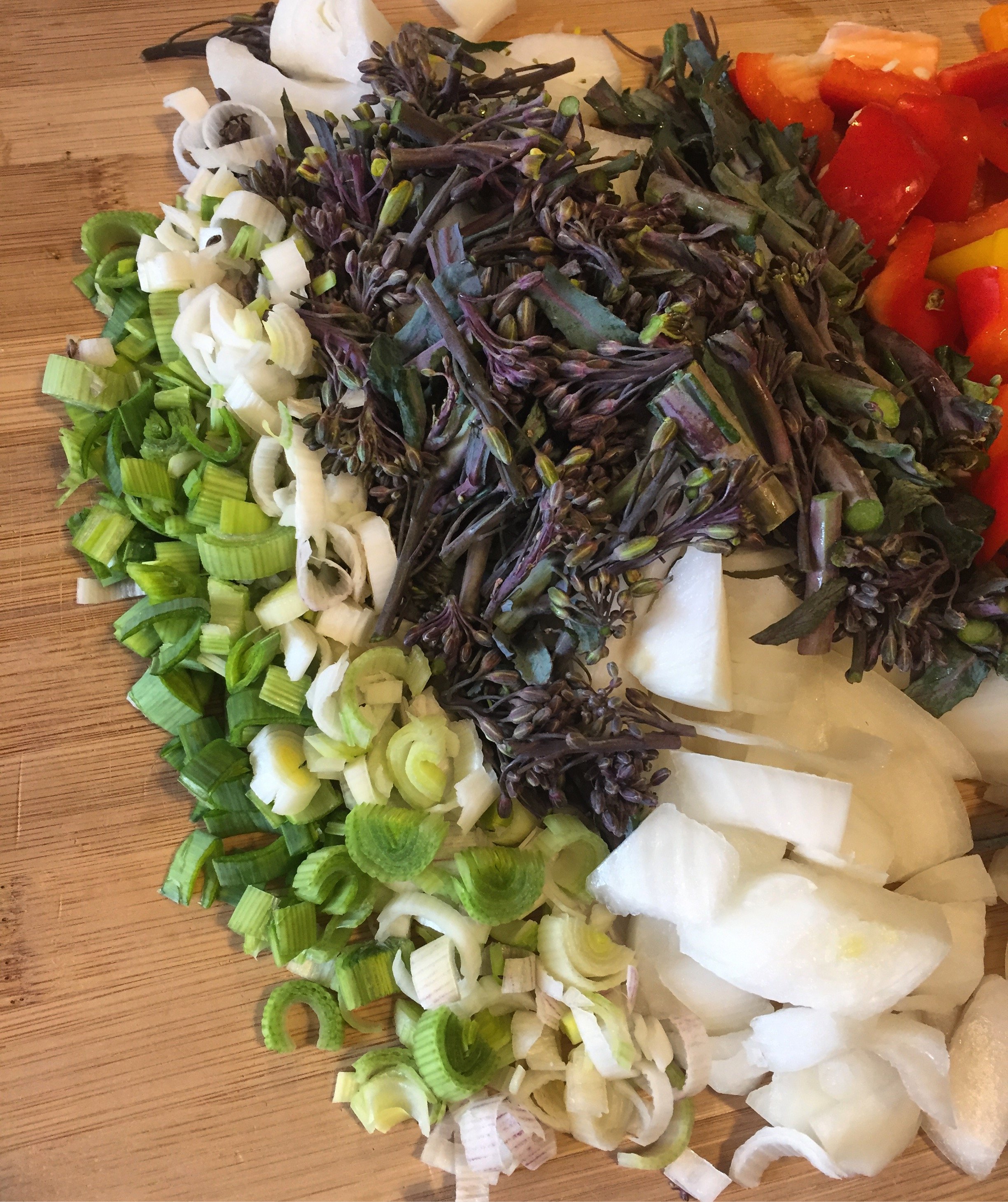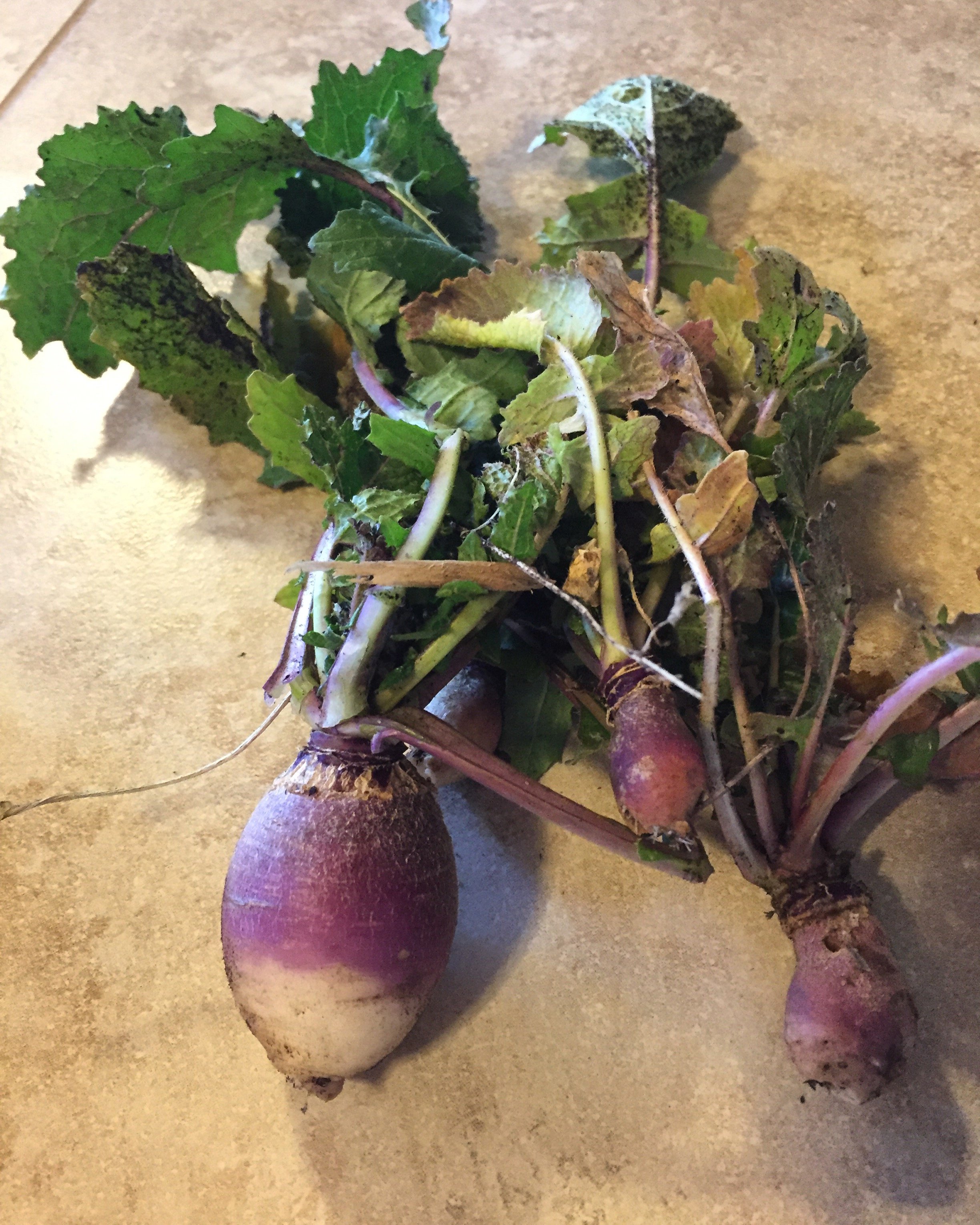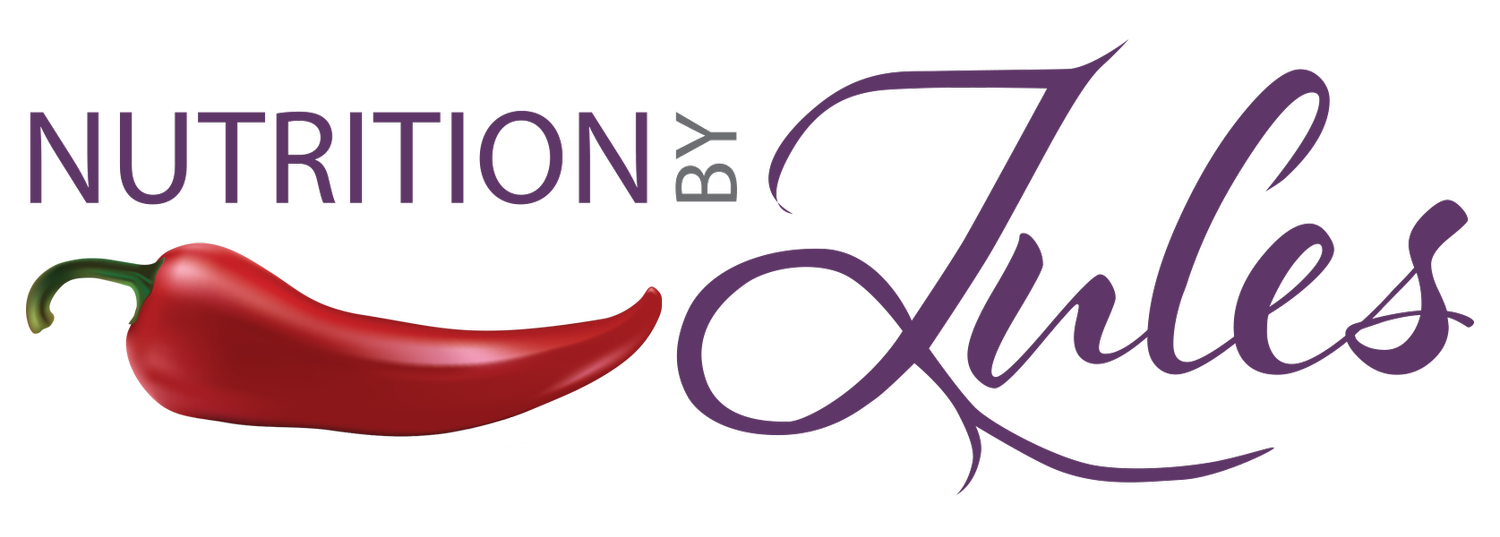Organic Food
Should I eat organic food? What does that really mean? What’s the big deal anyway?
DEFINITIONS
Organic Agriculture: Produce are grown without the use of synthetic pesticides or fertilizers. Natural sources of soil enrichment or pest control may be used. Farmers may not use genetically modified organisms (GMOs).
The US Department of Agriculture (USDA) runs the National Organic Program (NOP) to certify and regulate organic agriculture. They keep a running list of approved, or denied, substances and chemicals for use in food production in the US to be considered organic.
Source: https://www.epa.gov/agriculture/agriculture-organic-farming
Organic Animal Practices: For meat or poultry to be considered organic the animals must be allowed to graze in open pasture, be fed 100% organic feed, and not be given any antibiotics or hormones.

USDA certified organic produce, meat and poultry will have a USDA Organic label. Farms and ranches are inspected annually to maintain their organic certification.
Organic Processed Foods: “Regulations prohibit organically processed foods from containing artificial preservatives, colors, or flavors and require that their ingredients are organic, with some minor exceptions. For example, processed organic foods may contain some approved non-agricultural ingredients, like enzymes in yogurt, pectin in fruit jams, or baking soda in baked goods.” These foods will have a USDA organic label.
To say a product is “Made with organic (fill in blank)” that product must have at least 70% organic ingredients.
Source: https://www.usda.gov/media/blog/2012/03/22/organic-101-what-usda-organic-label-means
PROS
To eating organic…
Contrary to popular believe, it is not about the nutritional value of the food, but the potential harm of additions to the food, animals and the environment.
- Ensures no harmful pesticide or chemical fertilizer residue on your produce.
- Ensures no synthetic hormones or antibiotics used on animals for faster growth or milk production, meaning less risk of antibiotic resistance and better treatment of the animal overall.
- Open pastures for animals means less concentrated waste product directly into water and soil.
- Promotes transparency across food chain; brings awareness to consumer about farming and ranching practices and what is in the food they eat.
Why should I care about pesticides, chemical fertilizers, synthetic hormones or antibiotics in my food?
Research links pesticide ingestion to increased cancer risk as well as hormone imbalance and nervous system damage. The amount of pesticides that must be present to do harm is unknown, however children are especially vulnerable due to their smaller size and rate of growth.
Synthetic recombinant bovine growth hormone (rBGH) is given to dairy animals to increase their milk supply. Consuming milk products from rBGH cows can raise levels of insulin-like growth factor (IGF-1) in the body; a hormone that promotes cell growth. There is conflicting research to whether higher levels of IGF-1 are a cancer risk, with studies ongoing. Maybe more concerned about use of rBGH is that cows treated with this hormone are at higher risk of infection and therefore need for antibiotics.
Source: https://www.cancer.org/cancer/cancer-causes/recombinant-bovine-growth-hormone.html
Over-use of antibiotics on animals (used not only for sickness but also for increasing growth) can cause the pathogens being treated to become resistance to the drug; this affects the ability to effectively use antibiotics to treat illness not only in animals, but in humans.
Source: https://www.cdc.gov/narms/faq.html
CONS
To eating organic…
- Can be more expensive.
- Can be tricked into thinking a processed food is “healthy” just because it is organic, which is not always the case.
- Organic does not ensure the produce are more nutritious, which is all about the soil content, vine ripening (longer the better) and distance traveled (shorter the better).
- There are many small scale farm and ranch operations that do well in taking care of the soil and their animals without being able to afford to fully go organic, or pay for the label, so they are overshadowed and underpriced compared to larger scale operations.
My Recommendations:
If you can afford organic food all the time, wonderful, go for it! If you cannot, that is okay, first thing we want is for you to eat whole, delicious and nutritious produce and high quality protein.
If you must pick and choose, choose organic dairy and organic versions of the dirty dozen, as outlined by the Environmental Working Group (EWG) below. Or, choose to consume produce and proteins sourced from farms and ranches that you can observe or know their growing practices are safe and sustainable.
At the very least, when purchasing conventional produce (non-organic), wash them well to avoid any pesticide residue that may be left on, or added to, the edible portions and choose hormone free meats and dairy as they are available.
You can also find ways to grow and raise your own food; the surest way to know exactly what is in it, on in and where it came from. 
The Environmental Working Group uses USDA test data of conventional produce for pesticide residue to develop the Dirty Dozen & Clean Fifteen.
EWG Dirty Dozen:
These produce are more likely to contain high levels pesticide residues…
- Strawberries
- Spinach
- Nectarines
- Apples
- Grapes
- Peaches
- Cherries
- Pear
- Tomatoes
- Celery
- Potatoes
- Sweet bell and hot peppers
EWG Clean Fifteen:
These produce are least likely to contain pesticide residues…
- Avocados
- Sweet corn
- Pineapple
- Cabbage
- Onion
- Frozen sweet peas
- Papaya
- Asparagus
- Mango
- Eggplant
- Honeydew melon
- Kiwis
- Cantaloupe
- Cauliflower
- Broccoli
Source: https://www.ewg.org/foodnews/
The EWG regularly updates their Dirty Dozen and Clean Fifteen. The above list is the newest version and should be used in lieu of the list from my article on organics posted in July 2014.



